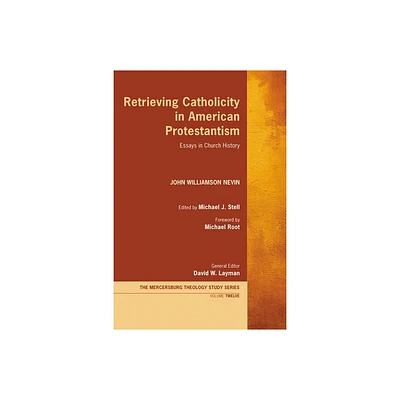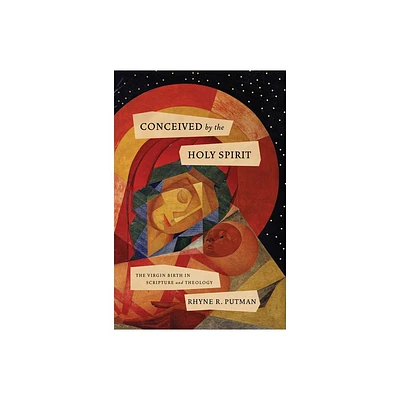Home
Conceiving Parenthood: American Protestantism and the Spirit of Reproduction
Loading Inventory...
Barnes and Noble
Conceiving Parenthood: American Protestantism and the Spirit of Reproduction
Current price: $42.99


Barnes and Noble
Conceiving Parenthood: American Protestantism and the Spirit of Reproduction
Current price: $42.99
Loading Inventory...
Size: OS
*Product Information may vary - to confirm product availability, pricing, and additional information please contact Barnes and Noble
Genetic manipulation. Designer babies. Prenatal screening. The genomic revolution. Cutting-edge issues in reproductive bioethics grab our attention almost daily, prompting strong responses from various sides. As science advances and comes ever closer to "perfect" procreation and "perfectible" babies, controversy has become a constant in bioethical discussion. Amy Laura Hall seeks out the genesis of such issues rather than trying to divine their future. Her disturbing finding is that mainline Protestantism is complicit in the history and development of reproductive biotechnology. Through analysis of nearly 150 images of the family in the mainstream media in the twentieth century, Hall argues that, by downplaying the gratuity of grace, middle-class Protestants, with American culture at large, have implicitly endorsed the idea of justification through responsibly planned procreation. A tradition that should have welcomed all persons equally has instead fostered a culture of "carefully delineated, racially encoded domesticity." The research in
Conceiving Parenthood
is new, the theory provocative, and the illustrations exceptional. The book is replete with photos and advertisements from popular magazines from the 1930s through the 1950s—
Parents', Ladies' Home Journal, National Geographic
, and so on. Hall's analysis of these ads is startling. Her goal, however, is not simply to startle readers but to encourage new conversations within communities of faith&mdashconversations enabling individuals, couples, congregations, even entire neighborhoods to conceive of parenthood in ways that make room for families and children who are deemed to be outside the proper purview of the
right
sorts of families.
Conceiving Parenthood
is new, the theory provocative, and the illustrations exceptional. The book is replete with photos and advertisements from popular magazines from the 1930s through the 1950s—
Parents', Ladies' Home Journal, National Geographic
, and so on. Hall's analysis of these ads is startling. Her goal, however, is not simply to startle readers but to encourage new conversations within communities of faith&mdashconversations enabling individuals, couples, congregations, even entire neighborhoods to conceive of parenthood in ways that make room for families and children who are deemed to be outside the proper purview of the
right
sorts of families.


















